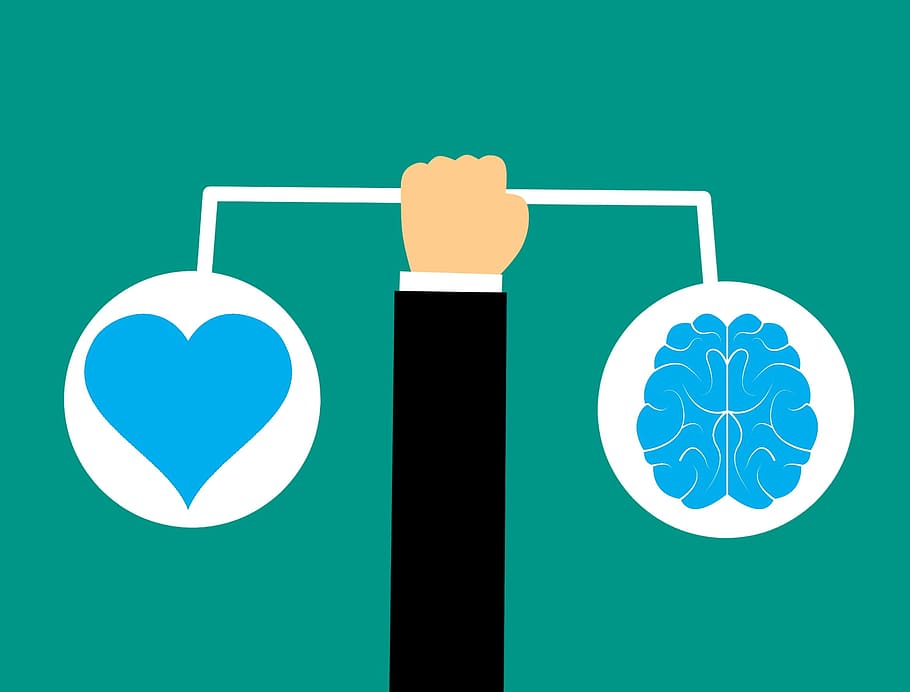
FAQ About Basics of Emotional Intelligence
Basics of Emotional Intelligence
2 years ago | gizem
What are the consequences of low emotional intelligence in the workplace?
Low emotional intelligence (EI) in the workplace can have various negative consequences for both individuals and the overall work environment. Here are some common consequences of low EI:
- Poor Interpersonal Relationships: Individuals with low EI may struggle to establish and maintain positive relationships with colleagues, superiors, and subordinates. They may have difficulty understanding and empathizing with others' emotions, resulting in strained interactions, conflicts, and a lack of trust within the team.
- Ineffective Communication: Low EI individuals may struggle to express themselves effectively and understand others' perspectives. They may have difficulty regulating their emotions during communication, leading to misunderstandings, misinterpretations, and a breakdown in effective collaboration.
- Difficulty Managing Stress: Low EI individuals may find it challenging to manage stress and cope with pressure in the workplace. They may experience heightened emotional reactions, struggle with emotional regulation, and have limited coping mechanisms, which can impact their performance and overall well-being.
- Lack of Self-Awareness: Individuals with low EI may have limited self-awareness, making it difficult for them to recognize and understand their own emotions, strengths, and weaknesses. This lack of self-awareness can hinder their personal and professional growth, as they may be unaware of areas that require improvement or development.
- Limited Problem-Solving Skills: Low EI individuals may struggle with problem-solving, as they may have difficulty considering multiple perspectives, managing emotions, and making decisions based on rationality rather than impulse. This can hinder their ability to effectively address workplace challenges and find optimal solutions.
- Reduced Leadership Effectiveness: Leaders with low EI may struggle to inspire and motivate their teams. They may have difficulty understanding and addressing the needs and emotions of their team members, leading to low morale, decreased engagement, and a lack of trust and respect.
- Lack of Adaptability: Low EI individuals may have difficulty adapting to change and may resist or struggle with transitions. They may find it challenging to manage uncertainty, cope with unexpected situations, and embrace new approaches or ideas, which can impede organizational growth and innovation.
- Decreased Team Performance: In teams where individuals have low EI, overall team performance may be negatively impacted. The lack of effective communication, collaboration, and emotional support can hinder productivity, creativity, and the achievement of team goals.
